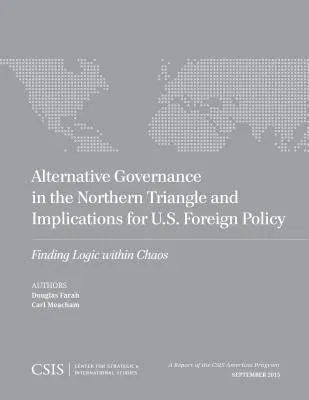Douglas Farah
(Author)Alternative Governance in the Northern Triangle and Implications for U.S. Foreign Policy: Finding Logic Within ChaosPaperback, 6 October 2015

Temporarily out of stock
Free Delivery
Cash on Delivery
15 Days
Free Returns
Secure Checkout

Part of Series
CSIS Reports
Print Length
74 pages
Language
English
Publisher
Center for Strategic & International Studies
Date Published
6 Oct 2015
ISBN-10
1442258845
ISBN-13
9781442258846
Description
Product Details
Authors:
Book Format:
Paperback
Country of Origin:
US
Date Published:
6 October 2015
Dimensions:
27.43 x
21.08 x
0.76 cm
Genre:
Latin America
ISBN-10:
1442258845
ISBN-13:
9781442258846
Language:
English
Pages:
74
Series:
Weight:
204.12 gm